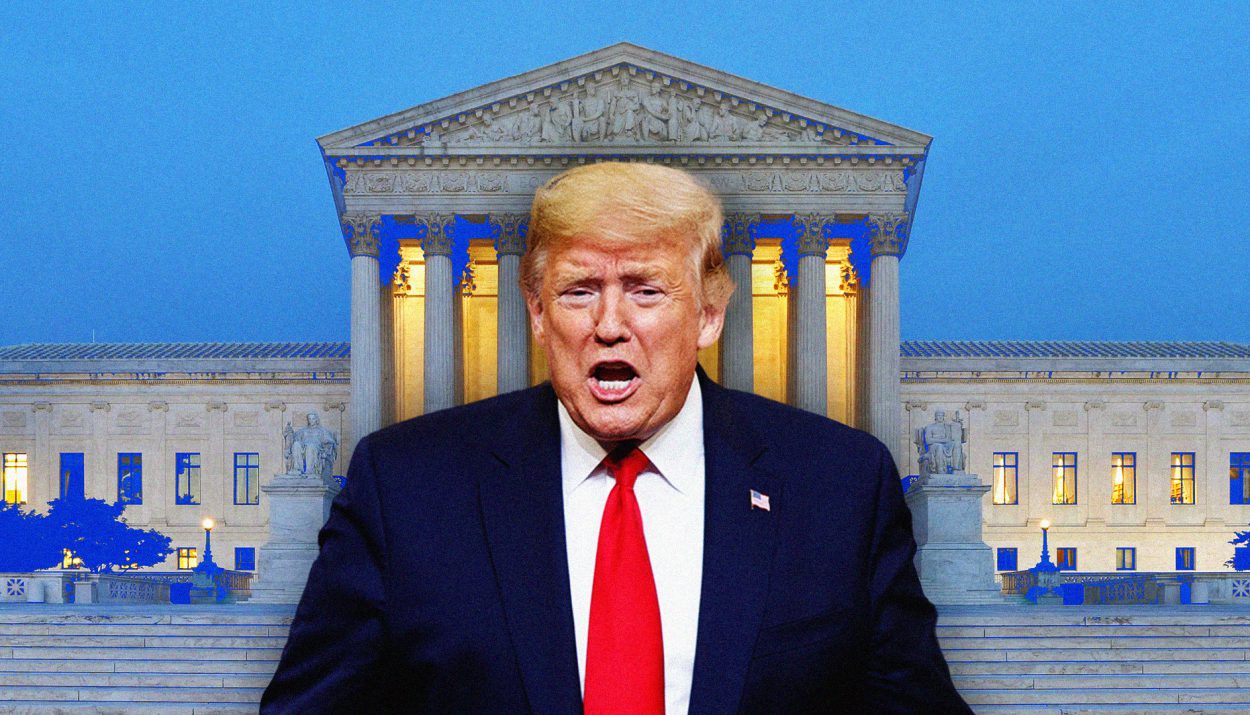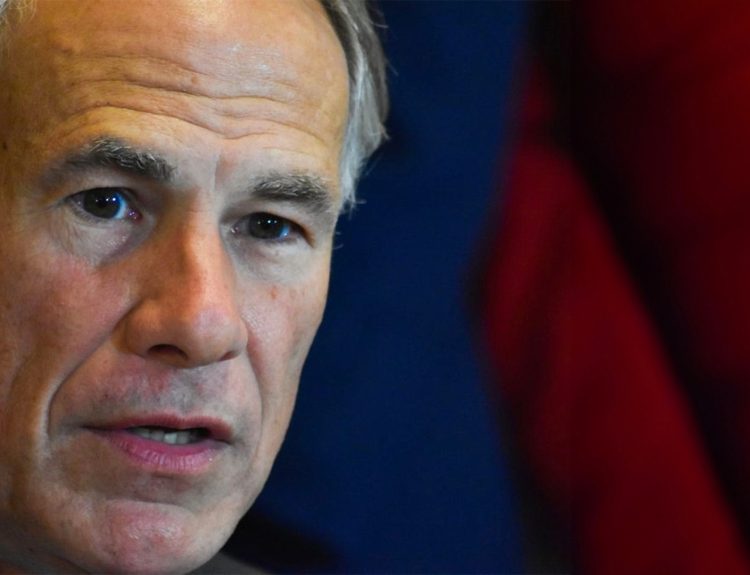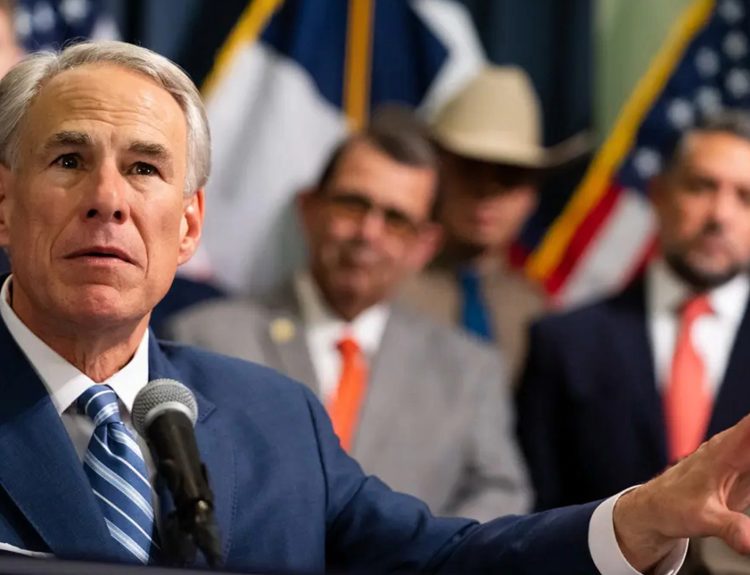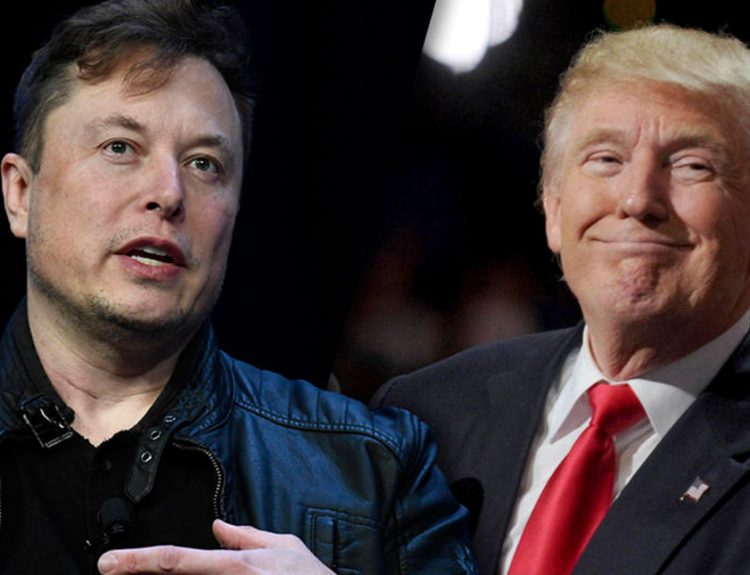In a shocking turn of events, the U.S. Supreme Court appears to be considering former President Donald Trump’s claim of absolute immunity from prosecution for his alleged efforts to overturn the 2020 election. Legal experts are sounding the alarm, warning that the country is just one vote away from the end of democracy as we know it.
Courts Strike Down Trump’s Claim of Absolute Immunity
Two lower courts have already rejected Trump’s assertion that he enjoys unbounded authority to commit crimes without consequence. The unanimous opinion of the U.S. Court of Appeals for the D.C. Circuit upheld the recognition and implementation of election results as the most fundamental check on executive power.
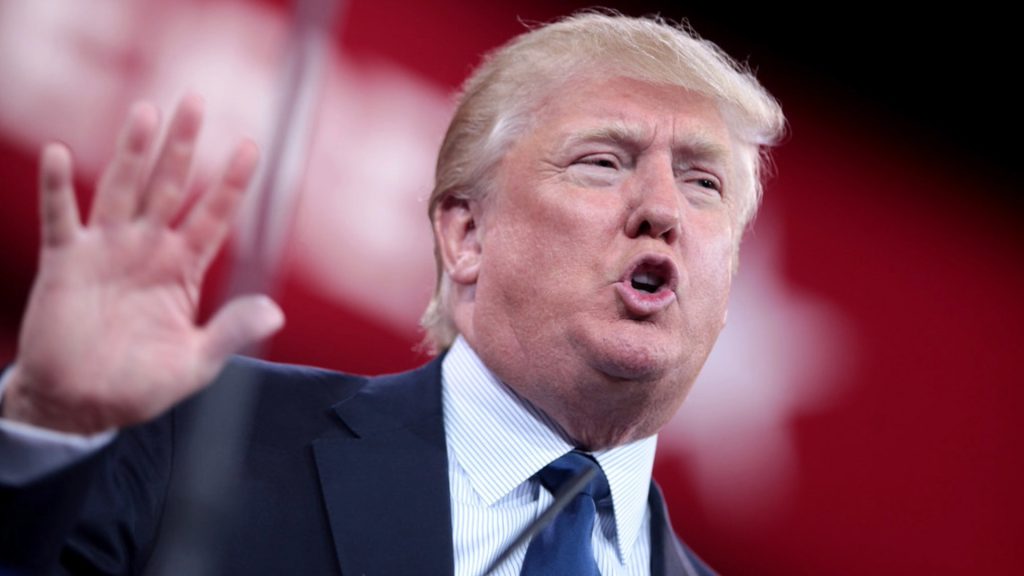
The courts have made it clear that sanctioning Trump’s apparent contention that the Executive has carte blanche to violate citizens’ voting rights would be incompatible with maintaining a republic. The message is simple: one can have a democracy or a dictatorship, but not both.
Conservative Justices Appear Desperate to Complicate the Simple
During oral arguments, conservative Supreme Court justices seemed eager to make the straightforward question of presidential accountability appear complex. Justice Samuel Alito argued that holding presidents accountable could lead to lawlessness and destabilize the functioning of American democracy.
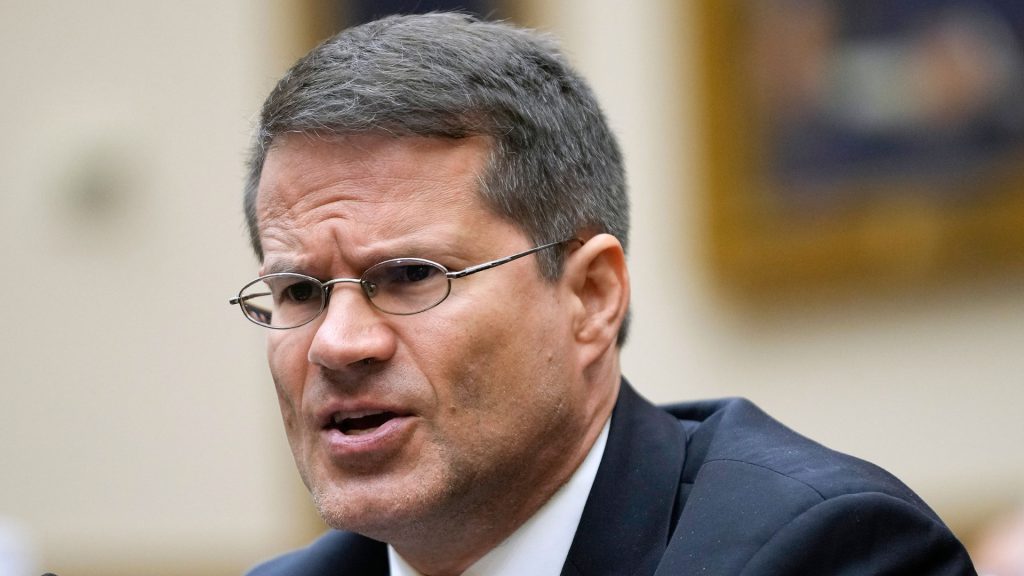
However, Trump’s lawyer, D. John Sauer, went even further, asserting that the former president should have the right to order a military coup or kill his political rival without fear of legal consequences – a truly absurd and dangerous claim.
The Real Threat to Democracy: Trump’s Actions or DOJ’s Response?
While not all conservative justices went as far as Alito in equating legal accountability with tyranny, none were willing to directly challenge the absurdity of Trump’s legal rationale for political assassinations under the guise of the Constitution.
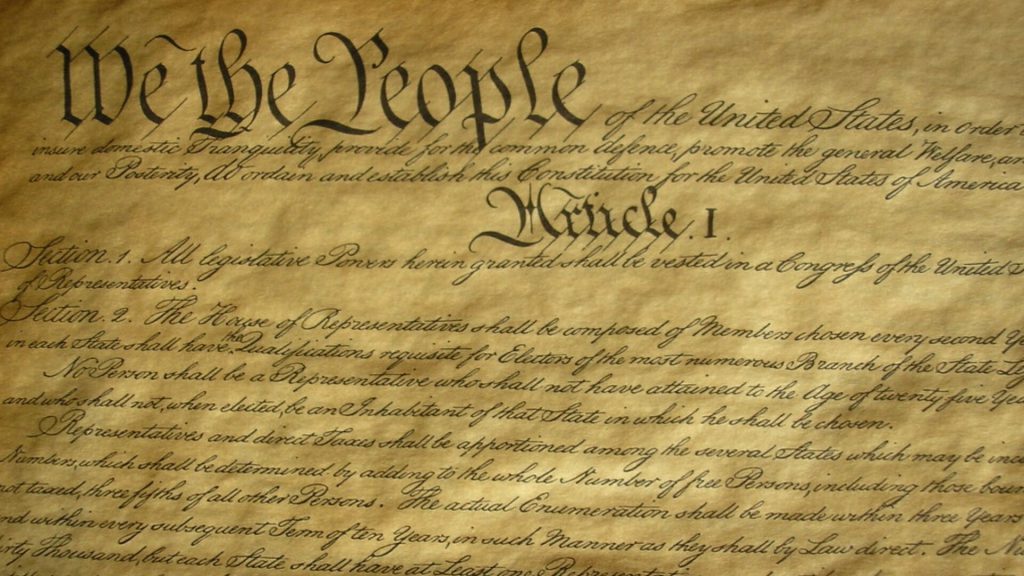
Legal commentators Dahlia Lithwick and Mark Joseph Stern accused the court’s right-wing bloc of acting like “cynical partisans” more concerned with sparing Trump from consequences than addressing the real threat to democracy: his attempt to overturn the election.
A Shameful Performance by the Supreme Court
Harvard law professor Laurence Tribe described the oral arguments as “embarrassing” and more akin to congressional showmanship than a court hearing. He believes the hearing itself gave Trump what he wanted: a delay in the case against him until after the next presidential election.
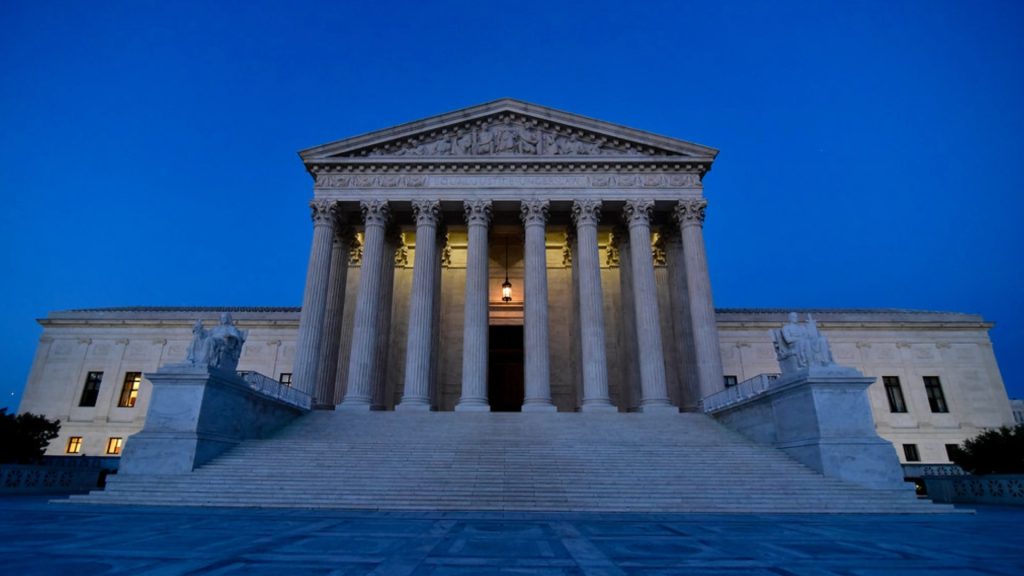
Tribe called the court’s performance “shameful,” accusing them of buying the very time Trump desired to evade accountability and prevent voters from hearing the full case against him before they cast their ballots.
Conservative Legal Movement’s Alarming Shift
The fact that many Federalist Society alumni, supposedly committed to limited and constitutional government, would even consider the argument that one person in America should stand above all others is a troubling sign of the conservative legal movement’s direction.
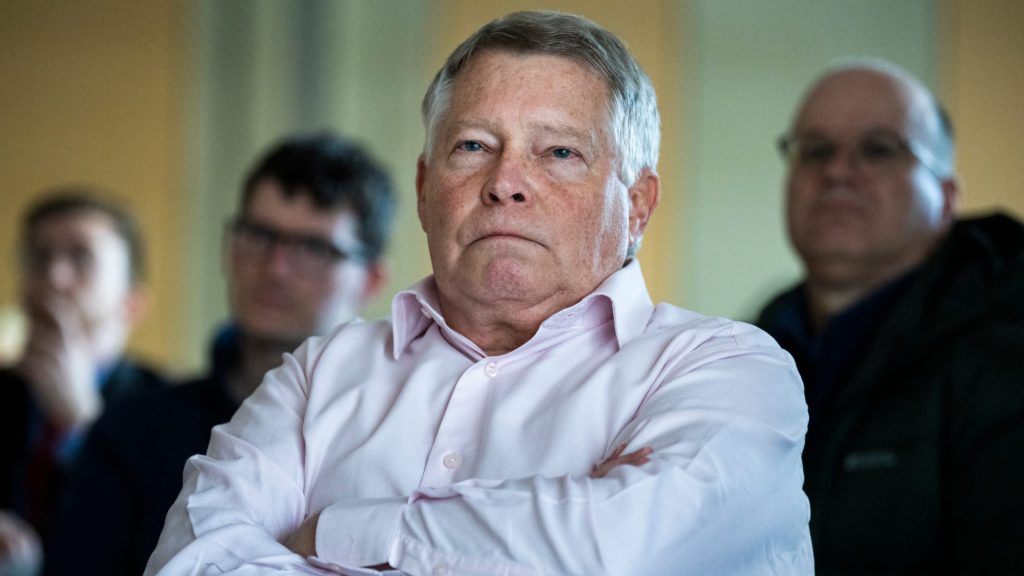
Former federal judge J. Michael Luttig, himself a conservative, expressed profound disturbance at the court’s apparent direction, believing it unlikely that Trump will ever face trial for his alleged crimes in attempting to overturn the 2020 election.
The Assumption of Corrupt Prosecution and Its Dangerous Implications
Luttig argues that the conservative justices’ argument for immunity assumes that the prosecution of Trump is politically corrupt and seeks a rule to prevent future presidents from corruptly prosecuting their predecessors. However, such a rule would effectively license all future presidents to commit crimes against the United States while in office with impunity.
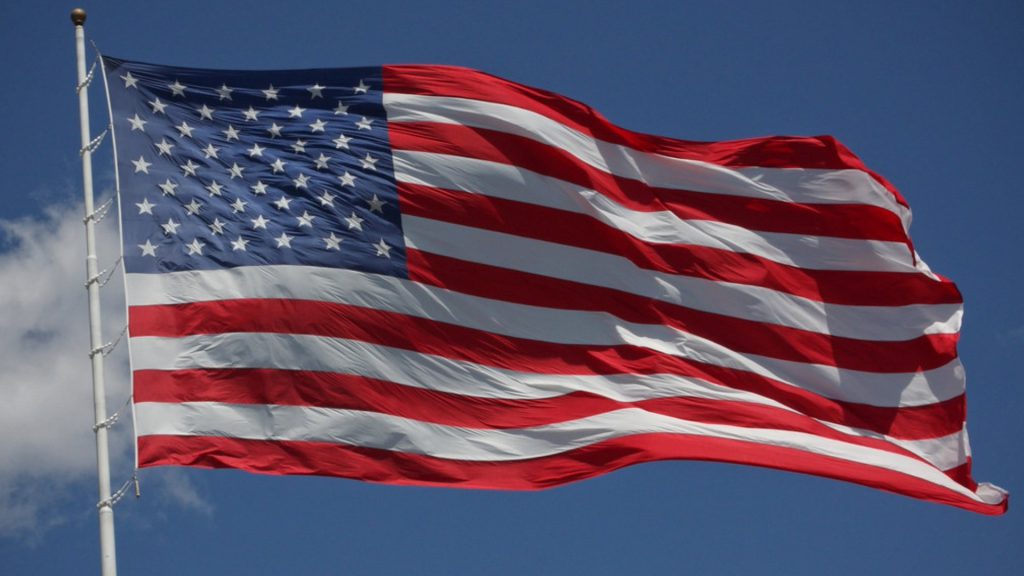
This is precisely what Trump is arguing he’s entitled to do, according to Luttig, and it represents a dangerous departure from the principles of limited government and the belief that no one is above the law.
The Mere Consideration of Trump’s Arguments Is Alarming
Former federal prosecutor Andrew Weissmann, who worked on the Mueller investigation, finds it alarming that the Supreme Court even agreed to hear the case, as it likely delays Trump’s election interference trial until after November.
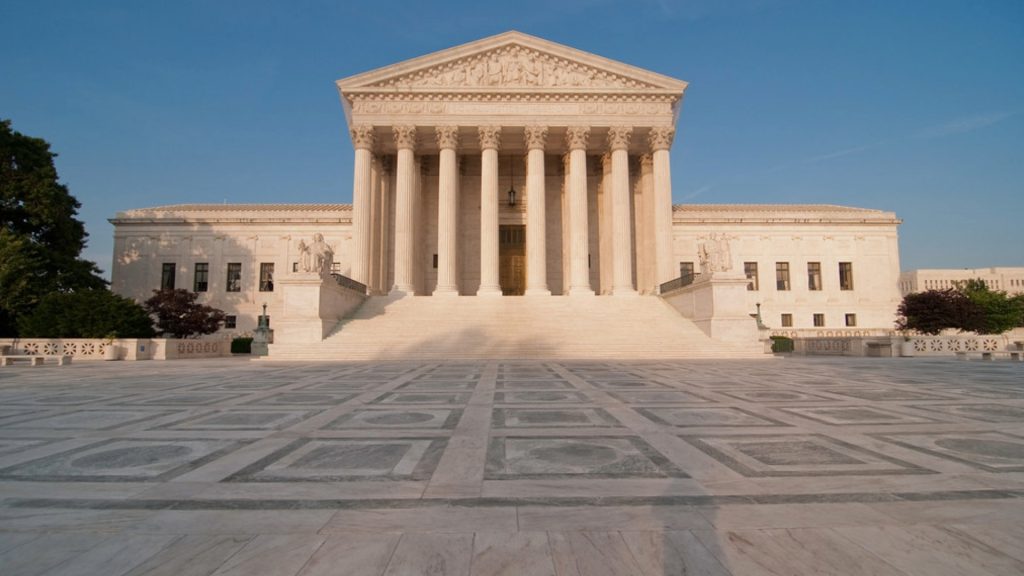
The fact that the court is seriously considering Trump’s claim to immunity for all “official acts” taken as president signals that American democracy is in a perilous state, according to Weissmann.
Shocking Departure from Constitutional Principles and Presidential History
Weissmann argues that Trump’s claims are difficult to square with the text of the Constitution or the history of the presidency, making it shocking that some justices appear to be taking them seriously.
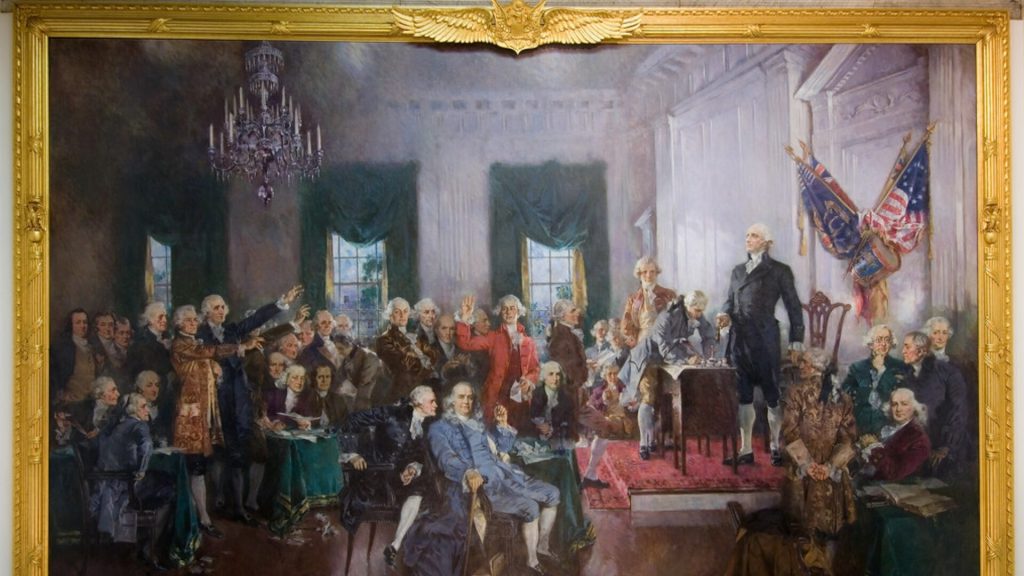
The mere fact that the court is entertaining these arguments is a victory for Trump, as it delays the case against him and suggests a willingness to grant the president unprecedented immunity from legal consequences.
The Country on the Brink of Losing Checks and Balances
With at least four conservative justices likely to side with Trump, Weissmann suggests that the fate of American democracy could hinge on Chief Justice John Roberts’ vote. He warns that the country is just one vote away from the end of democracy as we know it, with the loss of essential checks and balances.
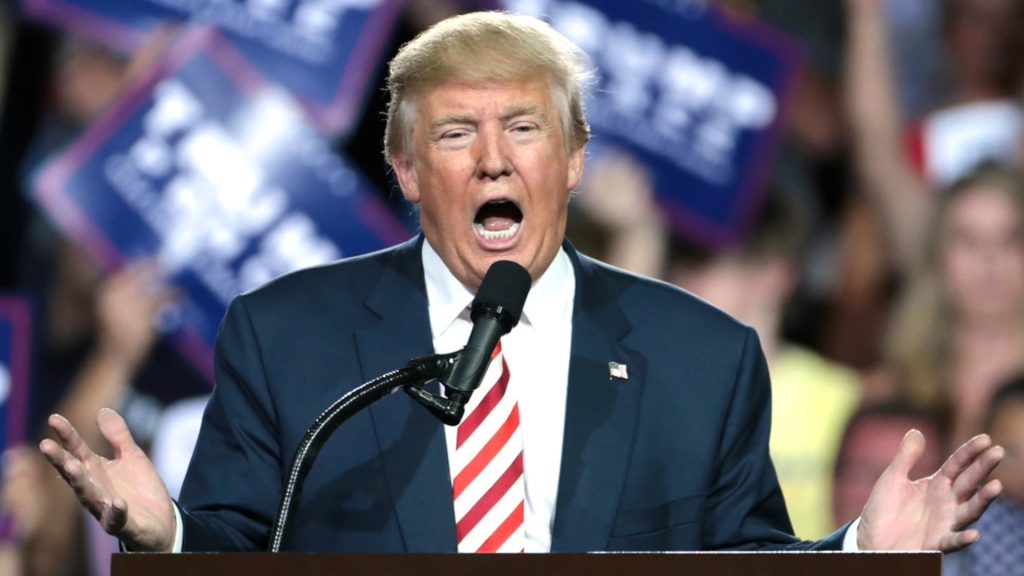
If Trump’s arguments prevail, the United States would not merely have an “imperial presidency” but a criminally immune king, according to Weissmann, who expresses shock at how close the nation is to this dangerous precipice.
The Unprecedented Nature of Trump’s Post-Presidency Prosecution
As Dreeben reminded the court, no former president before Trump has ever faced criminal prosecution after leaving office. This is because only Trump has refused to accept the outcome of a democratic election and encouraged a mob to block the counting of the winner’s electoral votes when all legal avenues were exhausted.
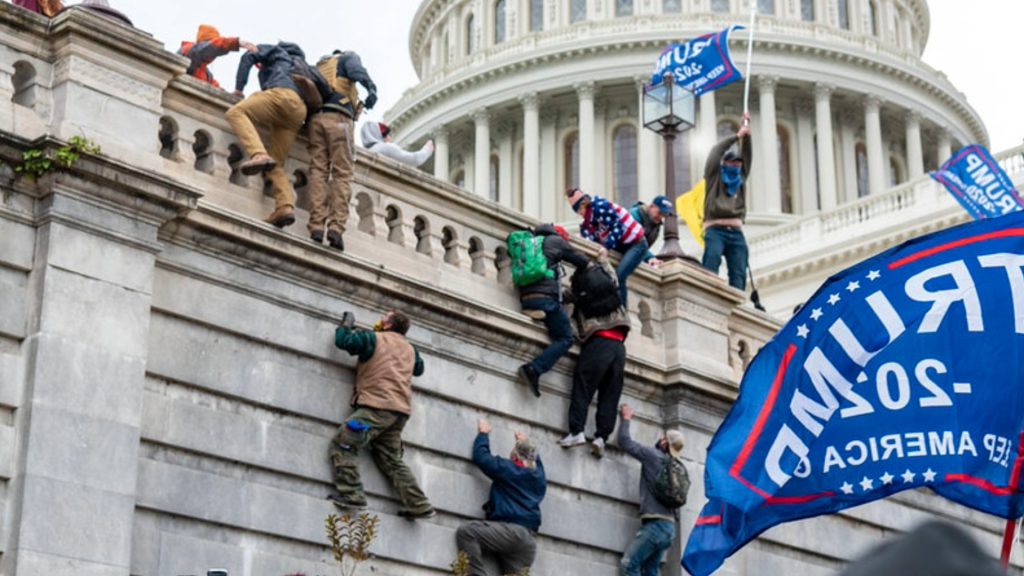
While there may be legitimate concerns about hypothetical frivolous and partisan prosecutions, such a scenario has not occurred before and is not happening now. The risk of an unchecked executive seems far greater than the potential for politically motivated prosecutions.
The Conservative Justices’ Bad-Faith Hand-Wringing
Lithwick and Stern accuse the conservative justices of engaging in “bad-faith hand-wringing” about the possibility that a president might no longer be allowed to wield the powers of office in pursuit of illegal ends.
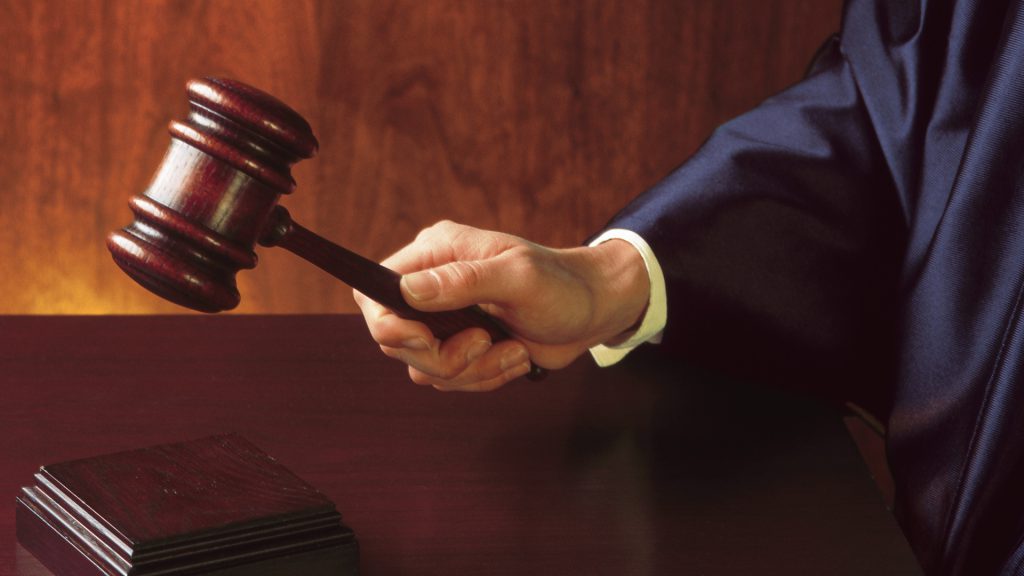
Despite speculation that these “reasonable, rational jurists” would quickly and easily dispose of Trump’s “ridiculous case,” the oral arguments instead revealed a morass of cynical partisanship on the right, according to the legal commentators.
The Disturbing Direction of the Supreme Court
Luttig’s profound disturbance at the court’s apparent direction stems from the realization that the conservative justices’ argument for immunity assumes the prosecution of Trump is politically corrupt and seeks a rule that would prevent future presidents from corruptly prosecuting their predecessors.
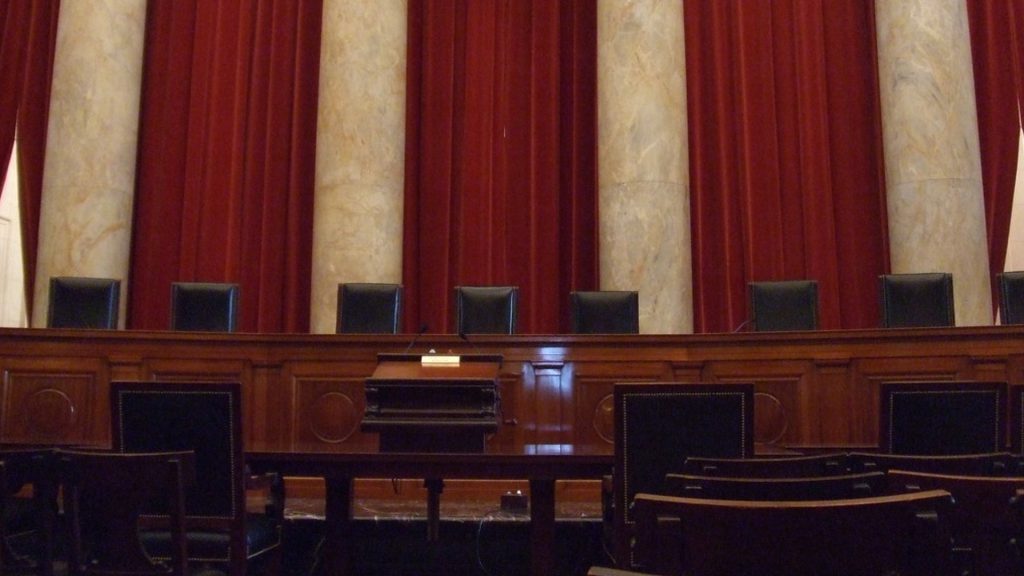
However, Luttig warns that such a rule would effectively grant all future presidents the license to commit crimes against the United States while in office with impunity, which is precisely what Trump is arguing he’s entitled to do.
The Shocking Proximity to the End of Democracy
Weissmann’s assertion that the country is just one vote away from “the end of democracy as we know it” underscores the gravity of the situation. If Trump’s arguments prevail, the United States would not merely have an “imperial presidency” but a criminally immune king.
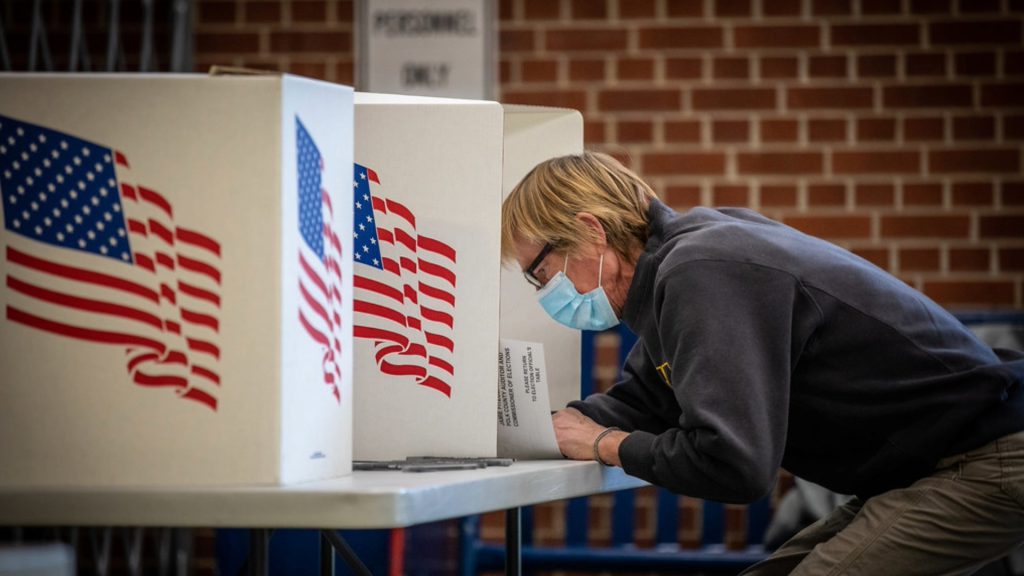
The fact that the nation is so close to this dangerous outcome is shocking, according to Weissmann, and highlights the urgent need to defend the principles of limited government and the rule of law.

